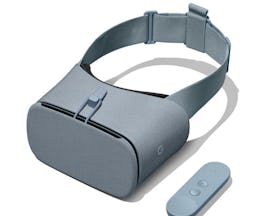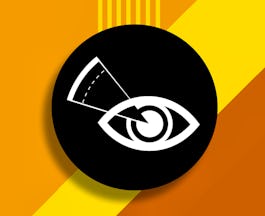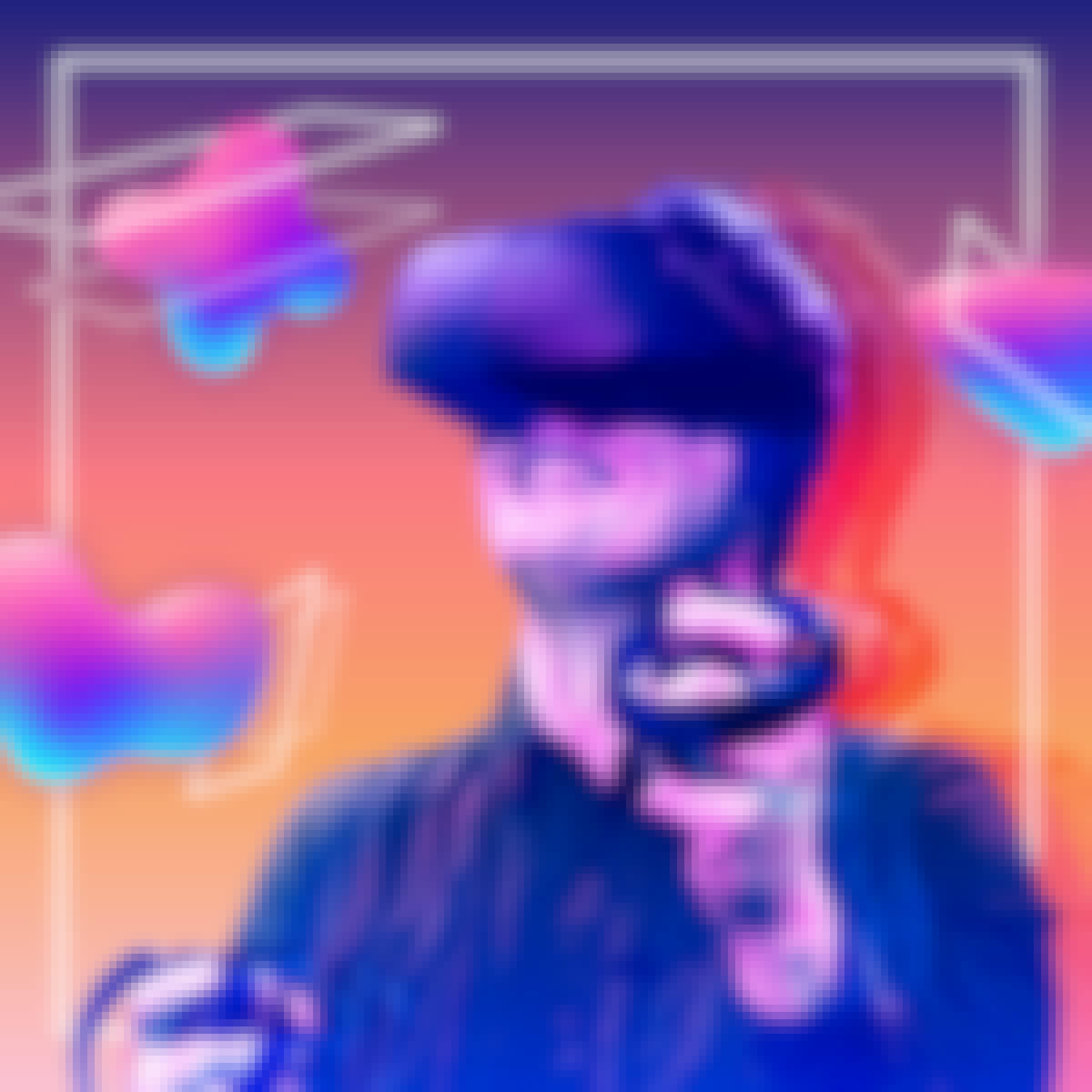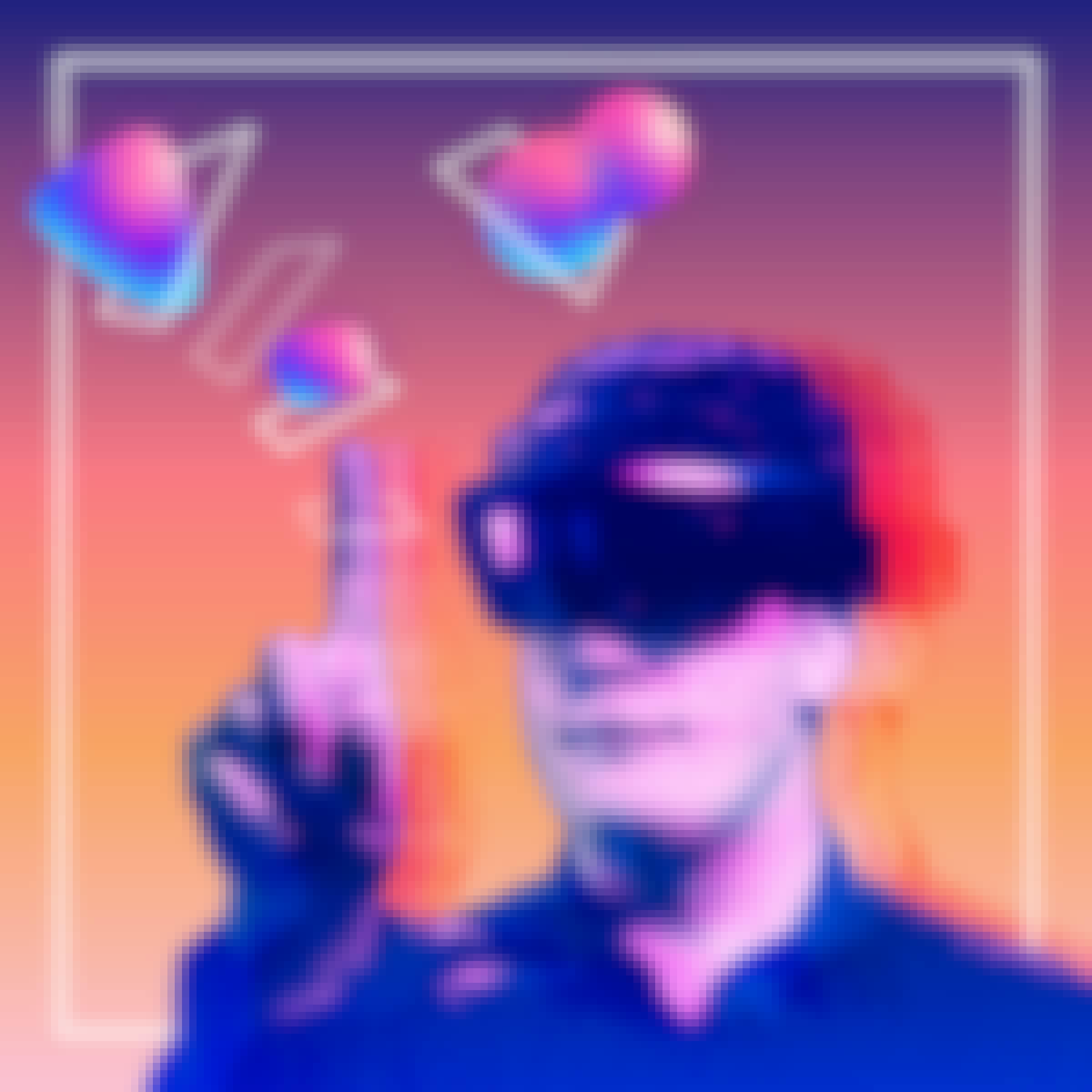Filter by
The language used throughout the course, in both instruction and assessments.
80 results for "virtual reality"
 Status: Free
Status: FreeUNSW Sydney (The University of New South Wales)
Skills you'll gain: Storytelling
 Status: Free
Status: FreeGoogle AR & VR
Skills you'll gain: Media Production, Virtual Reality, Media Strategy & Planning, User Experience, Visual Design, Computer Graphic Techniques, Design and Product, Visualization (Computer Graphics)

Imperial College London
Skills you'll gain: Computer Graphics, Computer Graphic Techniques, Visualization (Computer Graphics), Android Development, Graphic Design, Plot (Graphics), Computer Programming, Mobile Development, Linear Algebra, Visual Design, Virtual Reality

University of Pennsylvania
Skills you'll gain: Data Analysis, Finance, Investment Management, Business Analysis, Financial Analysis, Leadership and Management, Mathematics, Performance Management, Probability & Statistics, General Statistics

Institute for the Future
Skills you'll gain: Adaptability, Forecasting, Innovation, Critical Thinking, Business Transformation, Creativity, Human Learning, Research and Design, Experiment, Planning, Problem Solving
 Status: Free
Status: FreeUniversity of Toronto
Skills you'll gain: Communication

University of Michigan
Skills you'll gain: Human Computer Interaction, Virtual Reality, Computer Graphics
 Status: Free
Status: FreeSkills you'll gain: Virtual Reality, BlockChain, Human Computer Interaction, Innovation, Internet Of Things, Cross Platform Development, Finance, Market Research, Marketing, User Experience, Visualization (Computer Graphics)
 Status: Free
Status: FreeUniversiteit Leiden

The Museum of Modern Art
Skills you'll gain: Critical Thinking

The University of Sydney
Skills you'll gain: Data Analysis, Data Management, Databases, Clinical Data Management, Data Visualization, Probability & Statistics, General Statistics, Human Computer Interaction, Leadership and Management, Statistical Visualization

University of Michigan
Skills you'll gain: Human Computer Interaction, Interactive Design, User Experience, Virtual Reality, Computer Graphics, Computer Programming, User Experience Design, Application Development, Design and Product, Visual Design
Searches related to virtual reality
In summary, here are 10 of our most popular virtual reality courses
- Transmedia Storytelling: Narrative worlds, emerging technologies, and global audiences: UNSW Sydney (The University of New South Wales)
- VR and 360 Video Production: Google AR & VR
- Advanced App Development in Android: Imperial College London
- Wharton Business and Financial Modeling Capstone: University of Pennsylvania
- Forecasting Skills: See the Future Before it Happens: Institute for the Future
- Knowledge and Skills for Dementia Care: the SSLD Approach: University of Toronto
- Intro to AR/VR/MR/XR: Technologies, Applications & Issues: University of Michigan
- What is the Metaverse?: Meta
- Clinical Kidney, Pancreas and Islet Transplantation: Universiteit Leiden
- Seeing Through Photographs: The Museum of Modern Art










